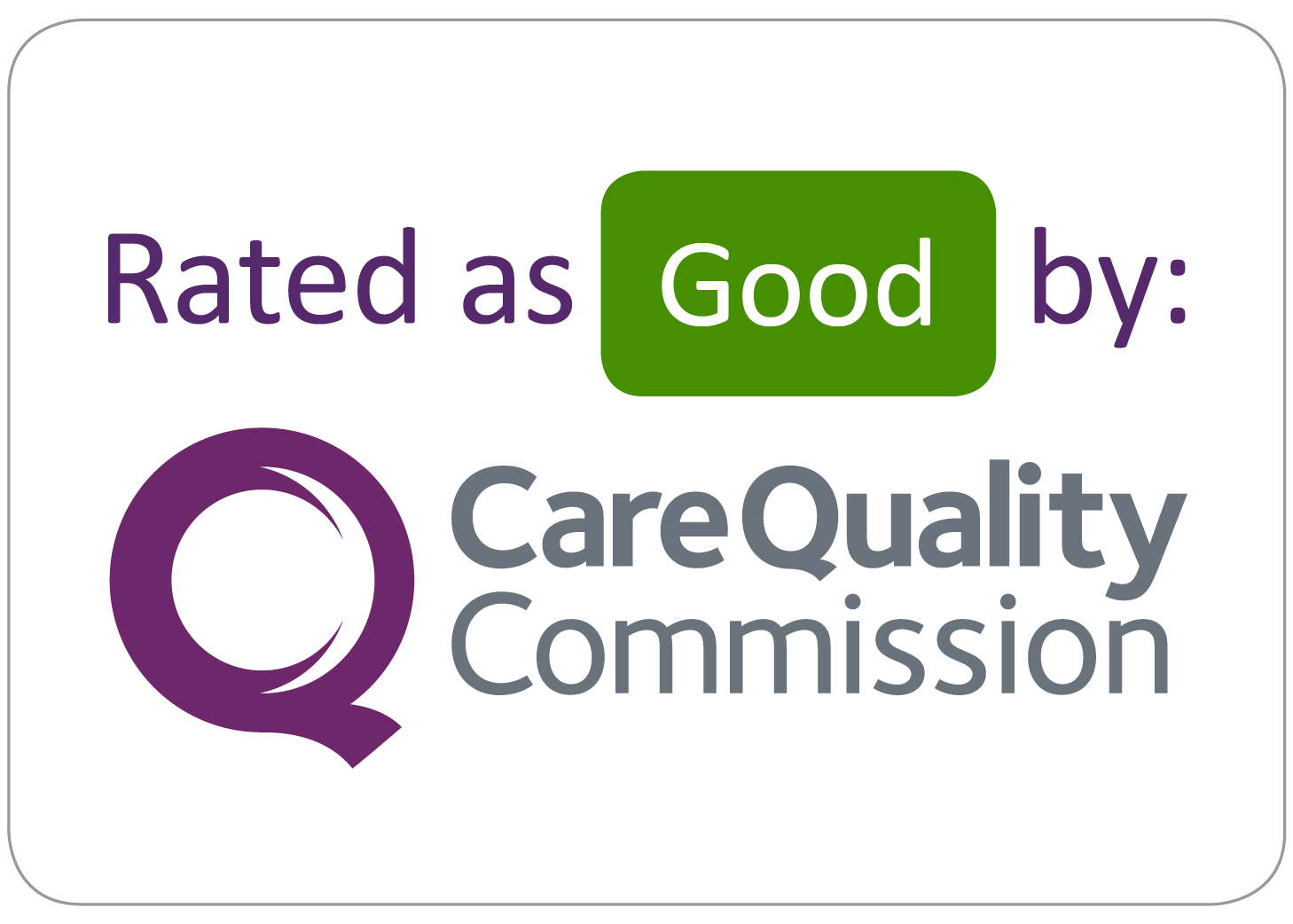About Freedom of Information
The Freedom of Information Act 2000 requires every NHS organisation to have a Publication Scheme that tells people what information is routinely available to them and how to get it.
The Freedom of Information Act 2000
The Freedom of Information Act 2000 provides public access to information held by public authorities.
It does this in two ways:
- public authorities are obliged to publish certain information about their activities; and
- members of the public are entitled to request information from public authorities.
The Act covers any recorded information that is held by a public authority in England, Wales and Northern Ireland, and by UK-wide public authorities based in Scotland. Information held by Scottish public authorities is covered by Scotland’s own Freedom of Information (Scotland) Act 2002.
Public authorities include government departments, local authorities, the NHS, state schools and police forces. However, the Act does not necessarily cover every organisation that receives public money. For example, it does not cover some charities that receive grants and certain private sector organisations that perform public functions.
Recorded information includes printed documents, computer files, letters, emails, photographs, and sound or video recordings.
The Act does not give people access to their own personal data (information about themselves) such as their health records or credit reference file. If a member of the public wants to see information that a public authority holds about them, they should make a data protection subject access request.
Feedback
Any requests, questions or comments about this scheme should be sent in writing to:
The Freedom of Information Officer
Trust Offices
The Health Informatics Service
Ainley Bottom
Ainley Industrial Estate
Elland
HX5 9JP
Email: foi@cht.nhs.uk
If you have a complaint about how we have dealt with a Freedom of Information Request, please write to:
The Freedom of Information Officer
The Health Informatics Service
Ainley Bottom
Ainley Industrial Estate
Elland
HX5 9JP
Email: Helen.Holt@this.nhs.uk
Sometimes, some or all of the information cannot be provided and we will explain the reasons why not when this happens.
The Freedom of Information Act recognises that as a member of the public, you have the right to know how public services such as the NHS are organised and run, how much they cost and how you can make complaints if you need to. You have the right to know which services are being provided, the targets that are being set, the standards of services that are expected and the results achieved.
The Trust has a duty to respond to requests about the information that it holds and is recorded in any form and it will create a right of access to that information. The rights to request and access this information are subject to some exemptions that the Trust has to take into consideration before deciding what information can be released.
How do I access this information?
For further information on Calderdale and Huddersfield NHS Foundation Trust’s Publication Scheme or to request information please contact:
Freedom of Information Officer:
The Health Informatics Service
Ainley Industrial Estate
Ainley Bottom
Elland
HX5 9JP
Email: foi@cht.nhs.uk
What we spend and how we spend it
Financial information relating to projected and actual income and expenditure, tendering, procurement and contracts.
What our priorities are and how we are doing
Strategy and performance information, plans, assessments, inspections and reviews.
How we make decisions
Policy proposals and decisions. Decision making processes, internal criteria and procedures, consultations.
Our policies and procedures
Current written protocols for delivering our functions and responsibilities.
If any other policies or procedures are requested please contact our FOI team at FOI@cht.nhs.uk.
Lists and registers
Information held in registers required by law and other lists and registers relating to the functions of the Trust.
The method by which information published under this scheme will be made available
The Trust will indicate clearly to the public what information is covered by this scheme and how it can be obtained.
Where it is within the capability of the Trust, information will be provided on a website. Where it is impracticable to make information available on a website or when an individual does not wish to access the information by the website, the Trust will indicate how information can be obtained by other means and provide it by those means.
In exceptional circumstances some information may be available only by viewing in person. Where this manner is specified, contact details will be provided. An appointment to view the information will be arranged within a reasonable timescale. Information will be provided in the language in which it is held or in such other language that is legally required. Where the Trust is legally required to translate any information, it will do so.
Obligations under disability and discrimination legislation and any other legislation to provide information in other forms and formats will be adhered to when providing information in accordance with this scheme.
Charges which may be made for information published under this scheme
The purpose of this scheme is to make the maximum amount of information readily available at minimum inconvenience and cost to the public. Charges made by the Trust for routinely published material will be justified and transparent and kept to a minimum.
Material which is published and accessed on a website will be provided free of charge. Charges may be made for information subject to a charging regime specified by Parliament.
Charges may be made for actual disbursements incurred such as:
- Photocopying
- Postage and packaging
- The costs directly incurred as a result of viewing information
Charges may also be made for information provided under this scheme where they are legally authorised, they are in all the circumstances, including the general principles of the right of access to information held by public authorities, justified and are in accordance with a published schedule or schedules of fees which is readily available to the public.
If a charge is to be made, confirmation of the payment due will be given before the information is provided. Payment may be requested prior to provision of the information.
Written requests
Information held by the Trust that is not published under this scheme can be requested in writing, when its provision will be considered in accordance with the provisions of the Freedom of Information Act.
To request information please contact:
Freedom of Information Officer:
The Health Informatics Service,
Ainley Industrial Estate,
Ainley Bottom,
Elland,
HX5 9JP.
Telephone: 01484 343402
Email: foi@cht.nhs.uk
Frequently Asked Questions
How do I apply for information about the Trust under the Freedom of Information Act?
Requests for information from the Trust under the Freedom of Information Act must be received in writing (this DOES include emails). The request must be sent to the Freedom of Information Officer at FOI@cht.nhs.uk or to Freedom of Information Officer, Freedom of Information, The Health Informatics Service, Ainley Industrial Estate, Ainley Bottom, Elland, HX5 9JP.
The request must include a name, contact details and a description of the data requested, to enable an accurate reply to be sent. Who can request information? The “Rights of Access” provided by the Freedom of Information Act ensure that anyone can apply for information - whoever and wherever they are.
Do I have to say why I am applying for information?
There is no requirement to state why a FOI request is been made. However, in practice, it must be made clear what information exactly is required. If the information is not described in such a way that we can understand what information is being requested, we will need to speak with the requester to ensure an accurate answer is given.
Does the Trust have a responsibility to reply?
The Trust has a general duty to be as helpful as possible in providing the information requested. In addition the Trust has certain responsibilities under the Freedom of Information Act:
- The Trust must write back as soon as possible to confirm receipt of the request
- The Trust has 20 working days to respond (even if it is a negative response) to the request
- If any requested information is exempt from disclosure (i.e. personal data), then the Trust must explain what this means and why the data is considered exempt
- Please direct any complaints or feedback relating to Freedom of Information to our Data Protection Officer Helen.Holt@this.nhs.uk. This can then be escalated to the Information Commissioner if the Trust complaints procedure fails to resolve the issue

















